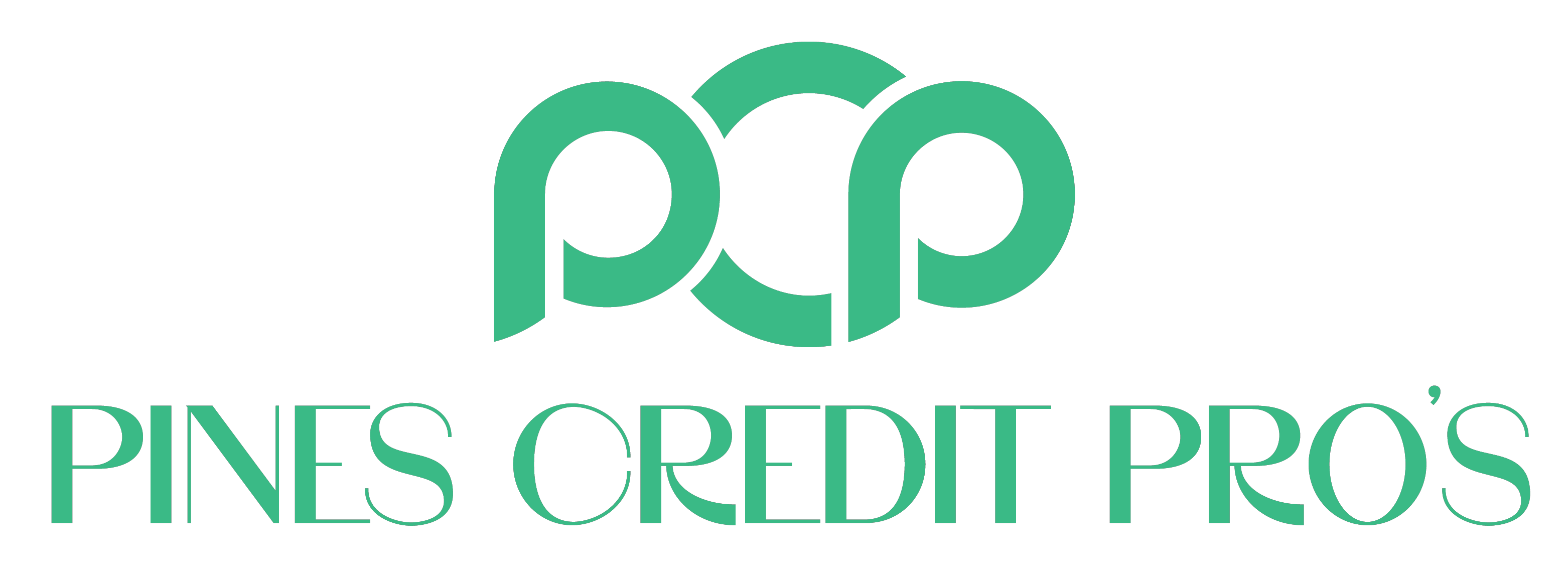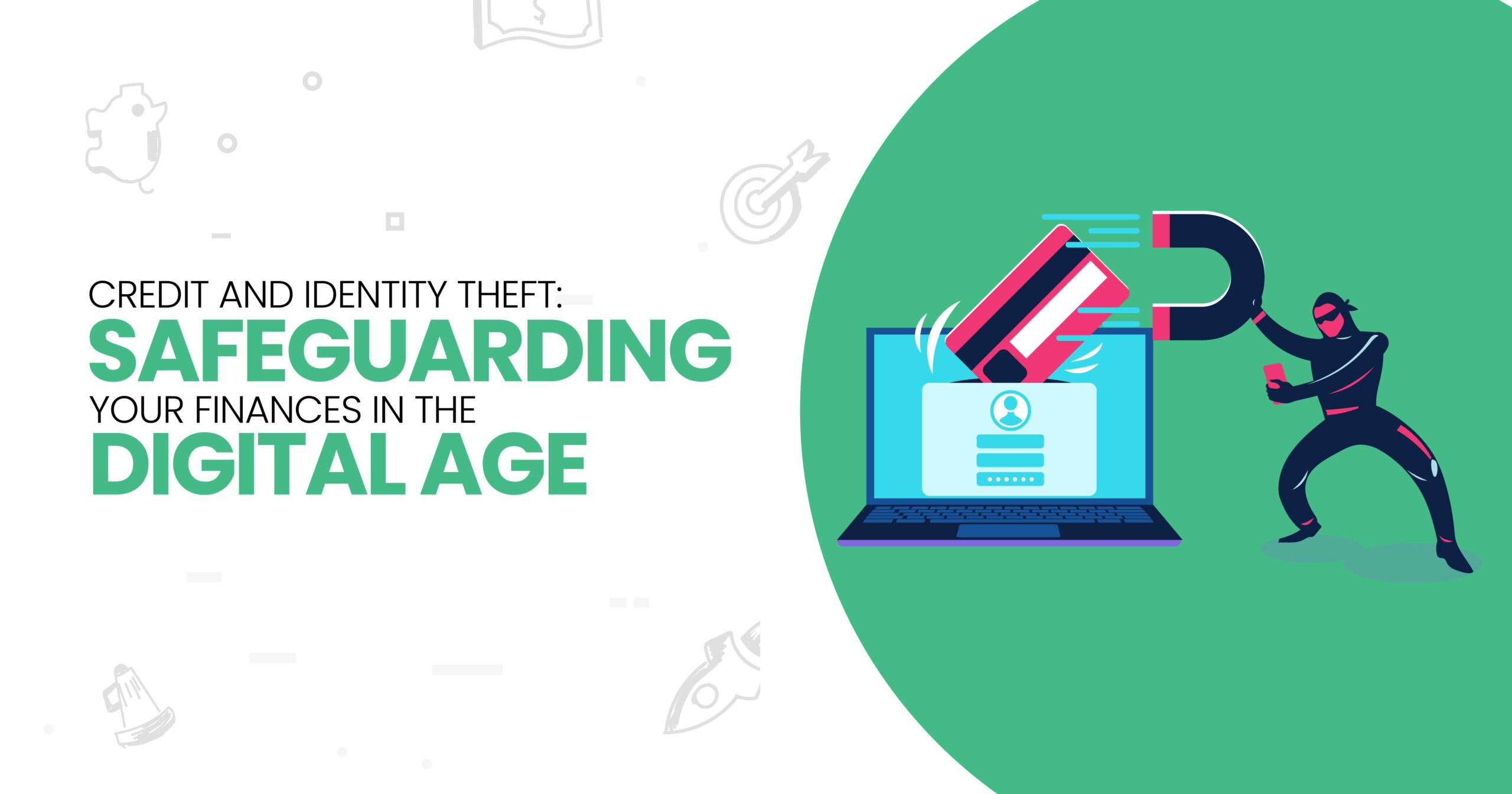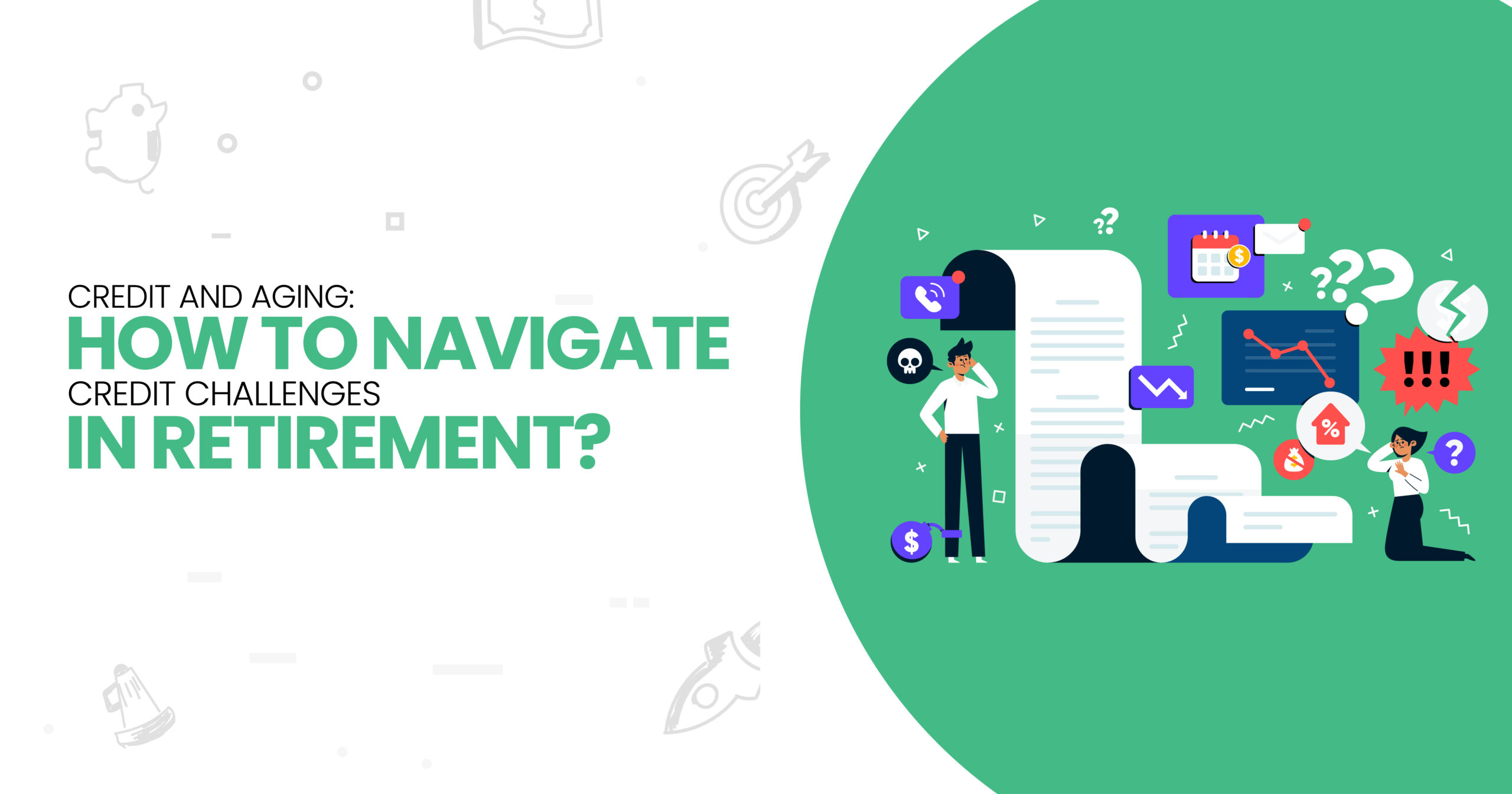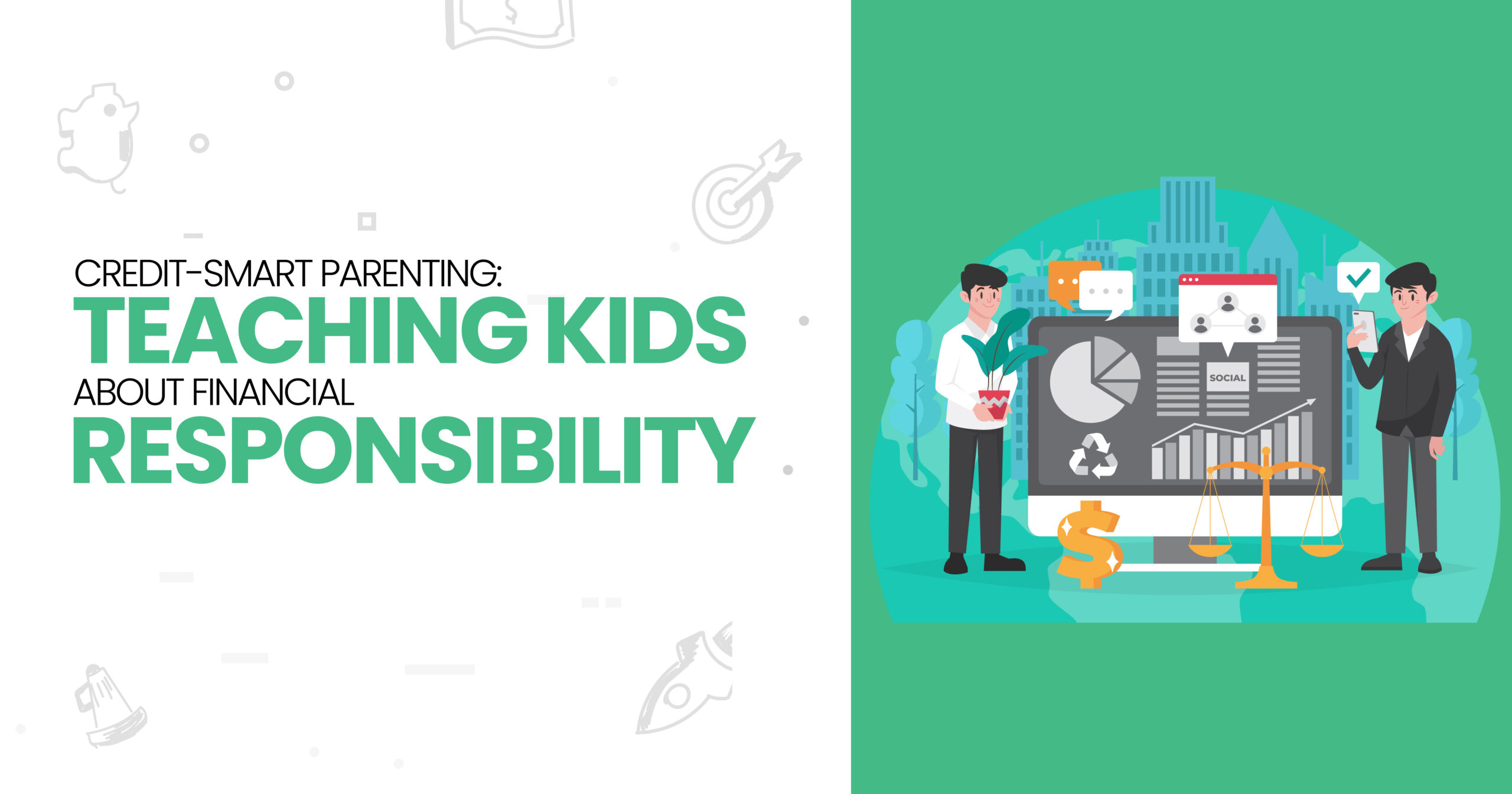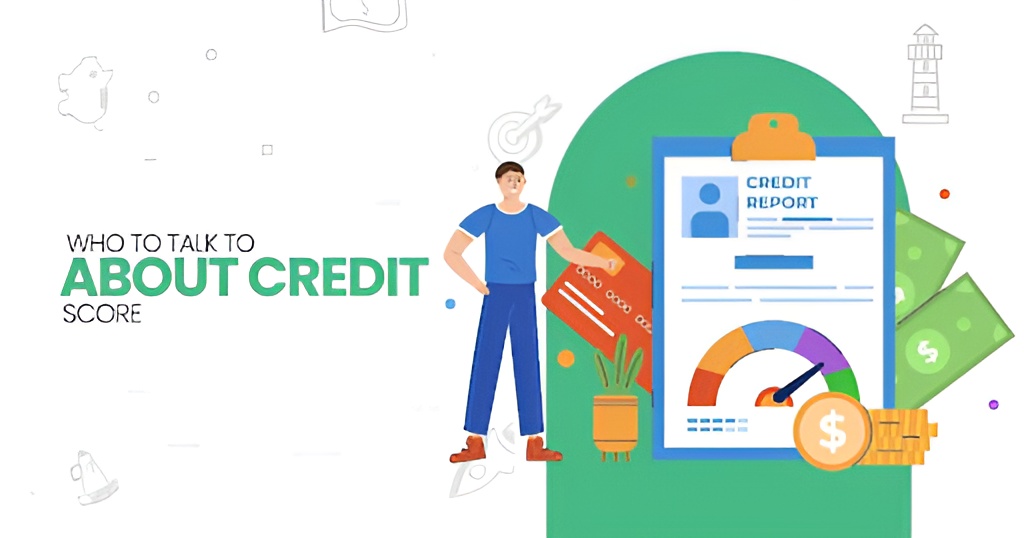Need help? Get in touch!
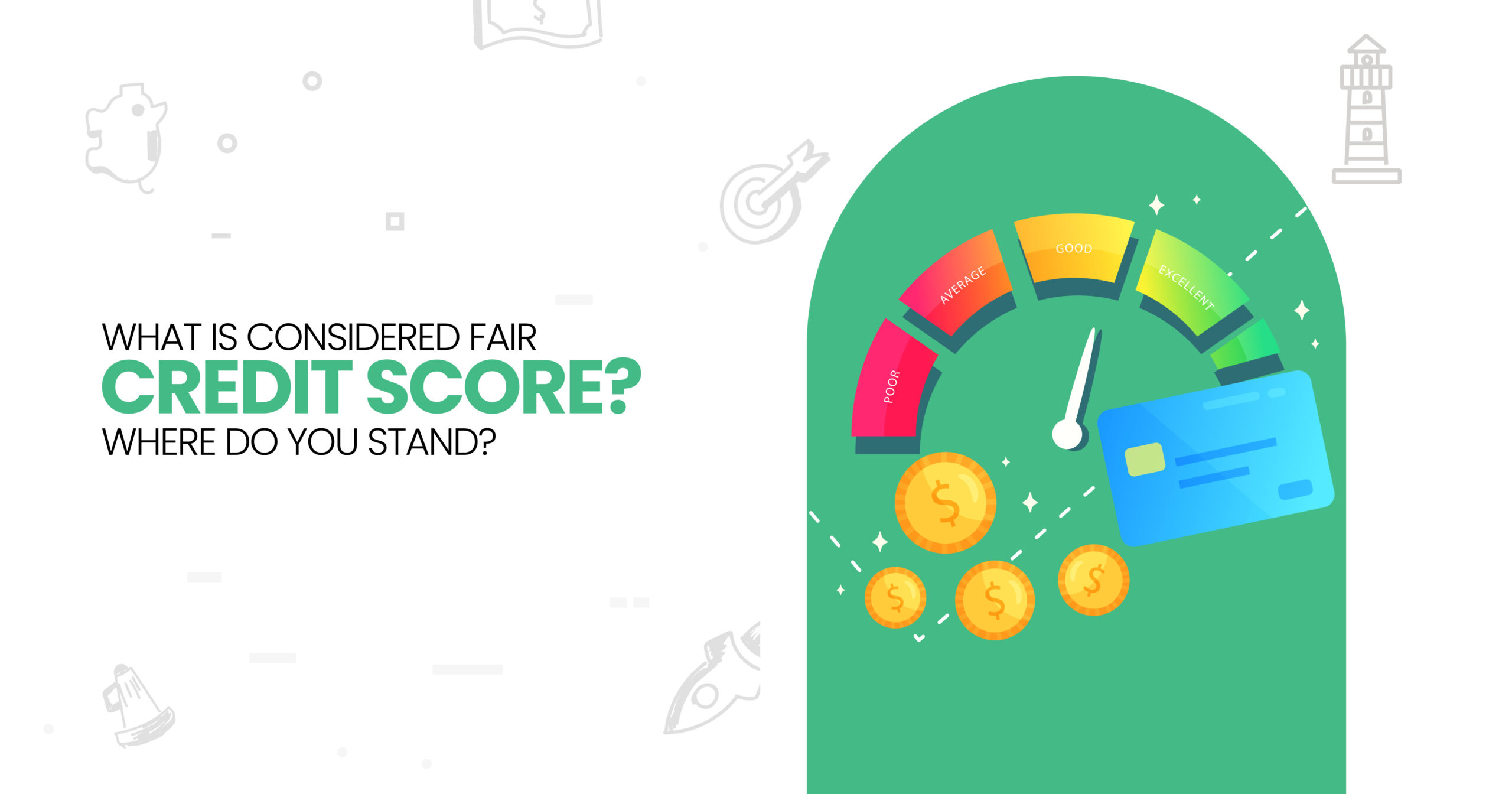
What is Considered Fair Credit Score? Where do You Stand?
Your credit score plays a crucial role in many important financial decisions. Lenders, employers, housing providers, and insurers often review credit reports to evaluate risk and identify preferable candidates. Maintaining good scores requires consistent discipline and money management skills.
But what is considered fair credit score? The fair credit score is in the range of 580-669. Many are unaware of the impact of fair credit. A strong credit profile takes work but isn’t impossible to achieve. With research and sustained effort in making on-time payments and optimizing credit behavior, fair scores can climb significantly.
Range of Credit Scores
To understand what is considered fair credit score, you must understand the categories it is divided into. Credit scores fall into broad ranges that creditors and lenders use to evaluate an individual’s credit risk level at a glance. The three main credit bureaus – Equifax, Experian, and TransUnion – all utilize the same basic tiers based on FICO scores.
Understanding where your current score stands within these brackets provides insight into the strength of your credit profile and what you may qualify for from a lending perspective.
Very Poor (300-549)
We’ll start at the bottom – the “Very Poor” range from 300 to 549. Financing pros consider scores here to mean you’re a super high-risk borrower. Maybe you have minimal credit history to look at or things like bankruptcies and delinquencies that leave a sour taste. Getting approved for much of anything will be tough until negative marks fall off your reports years later.
Fair (580-669)
Next is the “Fair” band from 580 to 669. Entering this bracket shows lenders you’re at least trying to establish responsible credit habits, even if you’ve recently stumbled. Profiles here commonly mix some good signs with past issues surfacing in the last 24 months that raise eyebrows. Don’t be surprised if you only qualify for higher rates or more limited products.
Good (670-739)
Hopping over the “Good” score from 670 to 739 signals lenders that you generally keep your accounts in good standing. Histories display constant payments on obligations over time. Occasional minor blips may ding scores, but opportunities stay open.
Very Good (740-799)
Breaking into the “Very Good” zone, 740 to 799, makes financing folks really happy. It shows you reliably make payments as agreed and that they are a safe bet. Many folks breeze through approvals for stellar rates and terms here.
Exceptional (800-850)
And finally, credit scores at an “Exceptional” 800 to 850 are reserved for only the most trusted customers. Lenders see virtually no risk of missed payments down the road. You’ll get top-notch access to mainstream offers.
Benefits of a Fair Credit Score
Secured Credit Cards
What is considered a fair credit score, and how does it help? Secured credit cards are among the best options for those with fair credit. These cards require the applicant to submit a refundable security deposit, usually equal to the extended credit limit. For example, someone may receive a $200 credit limit card but must provide a $200 deposit upfront.
Larger issuers of secured cards for fair credit scores include Discover and Capital One. The cards work like regular credit cards – the cardholder uses no more than 30% of the limit each month and pays the entire statement balance due. If payments are made on time for 6-12 months, the issuer may convert the card to unsecured and refund the original deposit. This allows the cardholder to rebuild their credit history responsibly.
Subprime Auto Loans
You can often qualify for subprime auto loans if you achieve a fair credit score. These loans usually have higher interest rates, sometimes over 15%. The terms also tend to be shorter, around 12-36 months. Additionally, down payments are typically expected to be 10-20% rather than just 5% for those with good credit.
Larger dealerships and online lenders specializing in fair credit, like Credit Acceptance, DriveTime, and Westlake Financial, are good options. The loan can help improve the borrower’s payment history over time by ensuring payments are auto-paid monthly from a bank account.
Personal Loans with Security
How does a fair credit score range impact the chances of personal loans? Companies such as Avant, MoneyLion, and OneMain Financial provide loans where the amount borrowed matches a deposit held in a savings account. The deposit is only released once the loan is repaid in 6-12 months as agreed. This protects the lender while allowing the borrower to demonstrate responsible repayment habits. Completing one of these loans successfully can positively impact credit reports and increase credit scores.
Student Loans
Federal student loans through the Department of Education do not consider credit scores for approval. This includes Direct Loans, Perkins Loans, and PLUS Loans. Taking advantage of this aid for college and making timely payments after graduation is a smart way to transition credit negative impacts into tangible positive accounts over the long run.
Factors Affecting Credit Scores in the Fair Range
What affects a fair credit score? Several common circumstances cause credit profiles to fall within the 580-669 range. Understanding why your score lands in the fair tier is critical to addressing weaknesses. Here are some potential influencers to be aware of:
Limited Credit History
Not having active credit card accounts or loans open for very long will result in a less favorable payment history reported.
Past Payment Issues
Prior occurrences of making only minimum payments or any missed/late payments in the past 24 months seriously ding scores.
High Credit Utilization
Using more than 30% of your available revolving credit (e.g., credit cards) lowers a score significantly.
Public Records
Events like bankruptcies, foreclosures, tax liens, or civil judgments stay on your reports for 7-10 years and negatively impact you.
Medical Debt Errors
Unpaid medical bills or collections reported in error must be disputed to remove negative influence.
Length at Current Address
Frequently changing your residence within the last 24 months can signal higher risk to lenders.
These factors provide insight into your credit history or management that weighs your score. Addressing the root causes will accelerate improvements.
Challenges of Having a Fair Credit Score
While having a fair credit score range doesn’t necessarily mean you have bad credit, it does signal higher risk levels to lenders and businesses. Here are some common challenges that may arise from a score of 580-669:
Limited Loan and Credit Options
You may not qualify for the lowest mortgage interest rates. Lenders may only approve higher rates or smaller loan amounts.
Many credit card issuers will deny your application or only extend you lower credit limits with higher annual percentage rates (APRs).
Utility Deposits and Fees
Electric, gas, phone, and cable providers may require an upfront deposit (refunded later) or charge connection/activation fees due to risk levels.
Rental Application Denials
Potential landlords running background checks may pass over your application to favor tenants with stronger credit histories.
Higher Insurance Premiums
Auto and homeowners’ insurers use credit-based insurance scores. Lower scores could mean higher premium payments.
Job Offer Reductions
Future employers may perform credit checks as part of screening. A fair score may cause them to rescind or lower salary offers.
The goal, therefore, is to avoid these challenges by improving your credit strength over time through responsible use and repayment of existing credit accounts.
Tips for Improving a Good Credit Score
You must make some serious changes to stay in a fair credit score range. You likely will not increase your credit score 100 points overnight, but making incremental positive changes over time will start moving the needle in the right direction. Try implementing some of these strategies:
Check Credit Reports – Sign up for free access at AnnualCreditReport.com to check for errors or negative items you can dispute.
Stay Current on Existing Accounts – Manage existing credit responsibly and make at least the minimum payment by the due date.
Apply for and Use New Credit Wisely – Apply for a card or loan you can use lightly (under 10% utilization each month) and pay off fully.
Pay Down Credit Utilization – Make extra payments to get balances below 30% on revolving credit, like cards, to boost scores.
Set Due Date Reminders – Use calendar alerts and autopay to ensure on-time payments if traveling or busy.
Avoid Applying for New Credit – Moderation is key while building a positive history to avoid unnecessary hard inquiries.
Dispute Errors Monthly – Check reports monthly and formally dispute any incorrect late payments, balances, or collection accounts.
With diligent use of these tactics every month for 6-12 months, an honest effort should safely lift your credit to the “good” range or higher in reasonably short order. Remember to be patient, as positive impact takes consistent time to materialize.
Conclusion
Understanding what is considered a fair credit score needs thorough understanding. A fair credit score in the 580-669 range presents some challenges, and it does not lock you out of credit options entirely. Over time, improvement is possible by taking control of the factors influencing your score through responsible credit habits, payment management, and disputing errors. Starting with secured credit cards, auto loans through specialized lenders, secured personal loans, and federal student aid can help re-establish positive payment history reports. Staying vigilant, following the tips provided, and maintaining an eye toward long-term progress will guide you out of fair credit territory.
related post
- Located in Pembroke Pines, FL
- FICO is a registered trademark of Fair Isaac Corporation in the United States and other countries. Pines Credit Pros does not offer legal advice and is not a substitute for legal services. Pines Credit Pros does not guarantee the permanent removal of verifiable tradelines or make promise(s) of any particular outcome whatsoever. Pines Credit Pros requires active participation from its clientele regarding requested documents and information, including investigation results, for the sought-after outcome of a healthy, accurate credit report. Individual results may vary.
